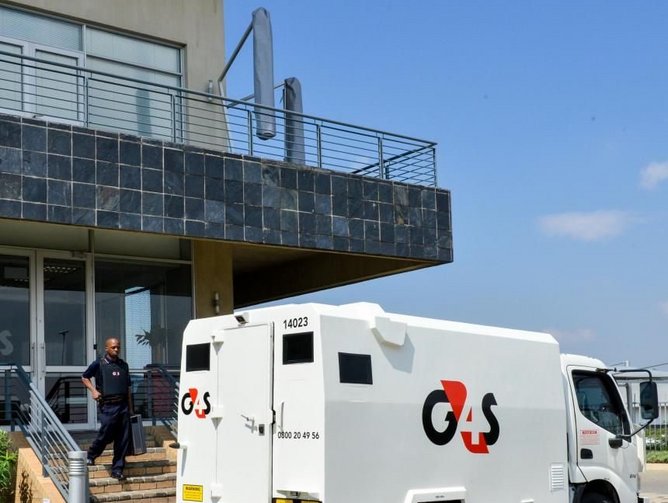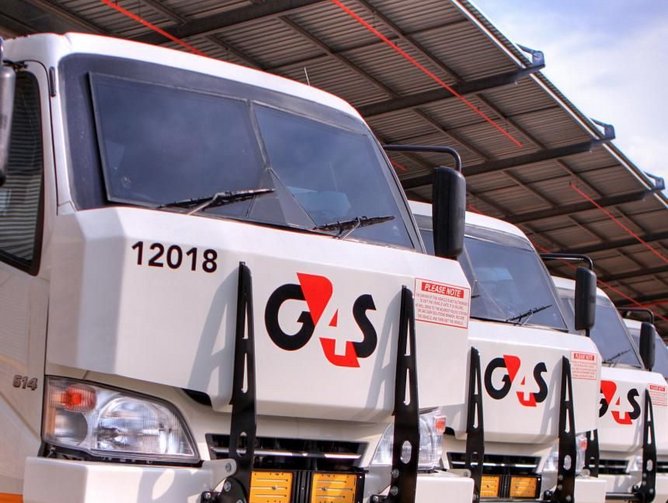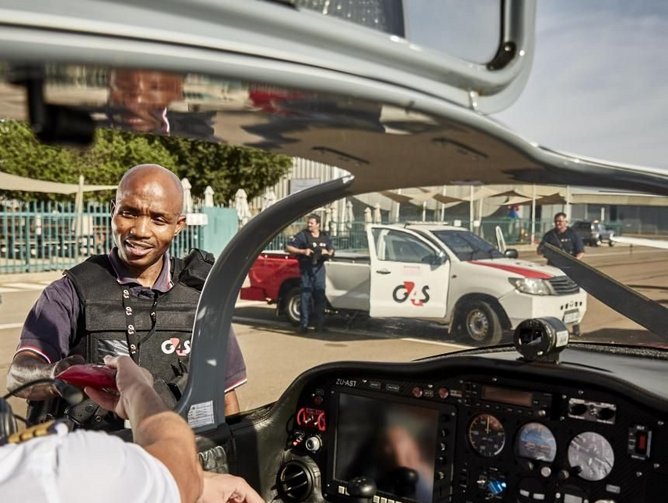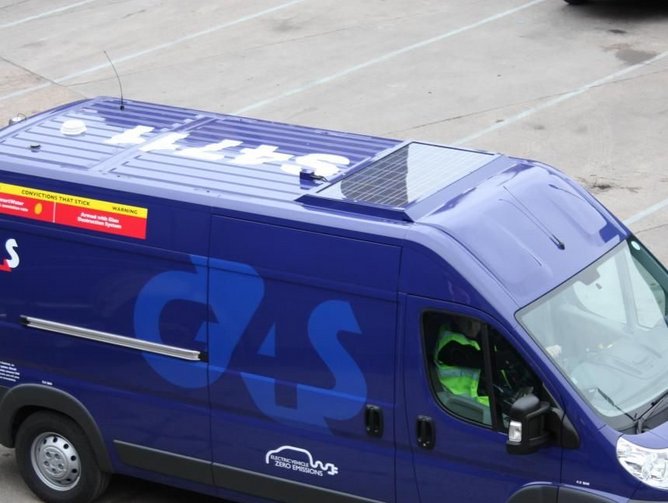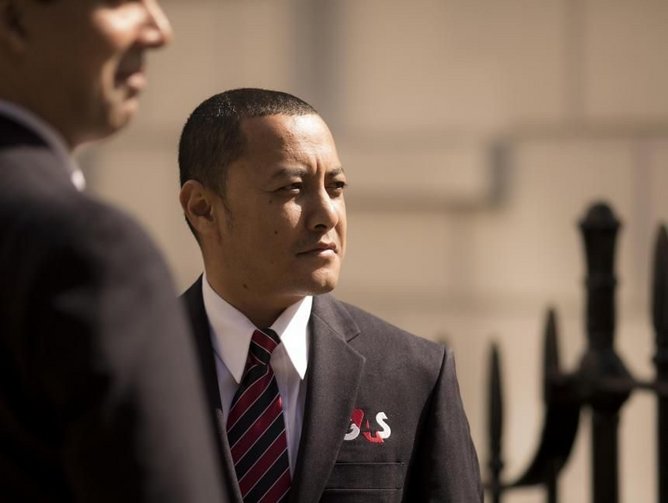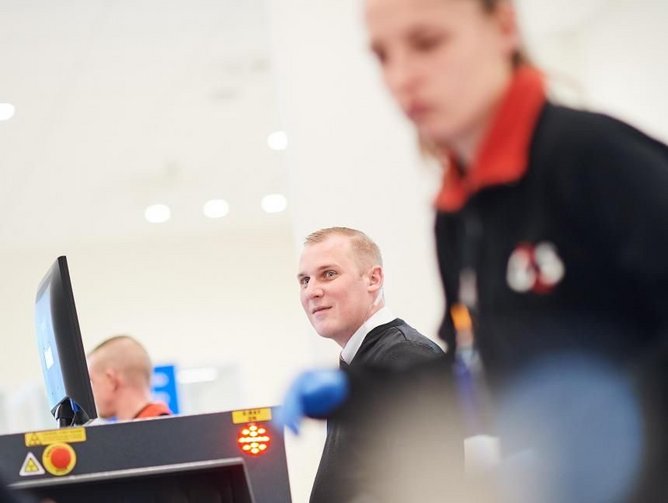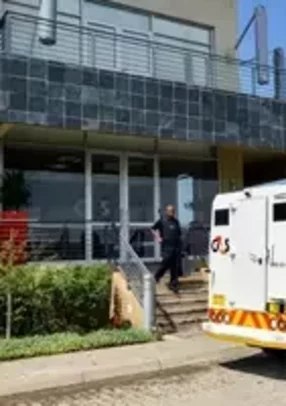As the world’s leading integrated security company, G4S is renowned for providing a broad range of security services in an increasingly connected and complex world.
With 45,000 suppliers across 90 countries supporting 540,000 employees, G4S operates an extensive supply chain that is truly global. Helping to ensure G4S’ supply chain runs efficiently, Robert Copeland, Group Procurement Director at the company, believes he has the right procurement strategy in place to deliver sustained value creation and supply chain performance. “It’s critical that you have a procurement function able to not only present clear solutions, but also have the willingness to lead the proposed improvements to embed effective change” explains Copeland. “In the security industry where margins can be tight and high operating standards are a must, it’s essential to operate a supply chain that delivers the right blend of cost, quality and performance to underpin the growth.”
Over the past two years, G4S has invested in transforming procurement from being a tactical cost reduction function to becoming an effective supply chain advisory, able to conceptualise, develop and implement true supply chain performance betterment with a bottom-line impact. Copeland highlights the importance of procurement providing more than just a route to market. “We can’t just be a one trick pony. It’s critical we create a wideband value proposition which offers more than a way to finding suppliers and negotiations,” he affirms. “Otherwise, procurement as a function runs the serious risk of extinction as traditional procurement tasks become increasingly automated in the coming years.”
Supply chain value is often measured through the bias lens of supplier cost vs. performance. However, Copeland believes that leadership must ensure the supply base is also fit for purpose from an ESG (Environmental, Social and Corporate Governance) angle. “A complex global security business demands a supply chain which satisfies the company’s ESG obligations as this can provide great comfort to a progressive customer or socially responsible investor and thus become a business competitive advantage for the business,” he explains. “For example, of the top 50 asset managers globally, 90% are signatories to the United Nations Principles for Responsible Investment. This means that investors are increasingly looking at the ESG health of a business when making investment decisions.”
Having devised a three-year prioritised plan for procurement, Copeland has a clear vision on how he sees this being introduced worldwide, starting with Europe, the Middle East and Africa (EMEA) in 2019, followed by North America in 2020 and the Asia Pacific and Latin America region a year later. “There is a clear appetite and need for a truly strategic procurement function in every region,” affirms Copeland. “My vision of procurement is to demonstrate how our experience, leadership and work ethic will drive improvement to the company’s bottom-line. The key to our success is ensuring that we focus on three core aspects: Does this procurement solution make things better for the end customer? How does the solution improve the operating cash flow and profit? Does the business have the capacity and the capability to implement these changes? Without fully understanding these three elements, the chance of success is greatly reduced and can result in a poor change outcome as well as weakening the business perception of procurement.”
Another challenge facing G4S is to provide high-quality procurement capabilities in a lean environment where there isn’t the luxury of resource overcapacity. “To ensure we’re able to meet the evolving needs of the business, I’ve scaled the procurement headcount on the pipeline of identified activities. This has yielded a 10:1 Return on Investment (ROI) over the past two years. This resourcing approach can be tough for the team; however, everyone has found the dynamic environment to be a great development opportunity and this has allowed us to attract some of the best candidates in the industry to work in our procurement team.”
Copeland believes that having the capabilities to lead and manage change is critical to achieving success. “If we don’t master the change agenda, we’ll always be framed by those who see procurement as no more than a dressed up purchasing function, ripe for outsourcing or automation.” Becoming a leader in its field is a difficult feat for any business to accomplish, however, retaining that position of market leadership has become even more challenging to sustain in recent years. As a result of this, it is essential that G4S avoids complacency and remains on top of the latest supply market solutions to fuel continued growth. “To achieve success, procurement not only needs commercial acumen, but to secure the trust of the business to implement ideas,” says Copeland. “To highlight the scale of the supply chain, 25% of G4S revenues are spent with its suppliers and subcontractors. Supplier performance does impact customer experience and any supplier shortfall would ultimately be a G4S failure in the eyes of the customer.”
“Businesses are looking to drive change, but they often don’t know the best way so it’s a fantastic opportunity for procurement to take leadership in the space,” he explains. “The key to embracing change management is to recruit the right people with the correct skillsets. It’s the ability to influence change that really sets us apart. It’s vital that our procurement team is agile, curious and mentally prepared for change because if we aren’t, we’ll have put ourselves at a huge disadvantage.”
With companies beginning to accelerate the digitisation of its business plans, it has led to technology becoming an increasingly prominent component to how a company operates. However, Copeland believes in a lean business and explains that it’s important to strike a balance. “We tend to be patient and not rush into introducing new innovations for the sake of it.” He affirms that it’s vital to continuously question exactly what value technological innovations will bring. “You should be cautious and insightful over any proposal. There are numerous systems and technologies that promise the earth, but many are unlikely to deliver on what it says ‘on the tin’,” he explains. “It’s important to consider and question: what is the problem I am trying to solve? Do I know the true value that I’m trying to deliver? In what ways can I reduce risk and cut costs? Can I increase profitability? Because more often than not, projects that should be halted become vanity projects, centred more around technology for the sake of it rather than the value they bring.”
G4S is currently rolling out a global ERP system with Oracle to enable it to use a series of worldwide buying channels to reduce the complexity of local supply chains. “It’s set to
give buyers greater visibility and control over what, where and when something’s been
bought,” explains Copeland. “We’re technology agnostic having formed several
relationships with agile companies such as Provalido and Market Dojo, along with a newly developed in-house supplier contract management eco-system. The adoption of Market Dojo's eSourcing platform has empowered the G4S team to accelerate large and complex tenders, as well as run competitive on-demand eAuctions. In addition to the obvious benefit of cost savings, these tools have helped the team greatly reduce the time to market.”
Copeland recognises the true value in establishing mutually beneficial business relationships across all spend categories. “We already have a number of strategic partnerships in place for Telecoms, Fleet and Workwear and we’re in the process of developing others across a wide spectrum of goods and services. Success revolves around working with our suppliers to deliver and embed critical business change.” With the security market showing no signs of slowing down in future years, Copeland affirms the future for G4S and the wider industry is extremely bright. “We’re in a great position to benefit from the growing but rapidly changing security market,” summarises Copeland. “It’s estimated that the global security market will be worth $245bn by 2020 — it’s an exciting place to be.”
